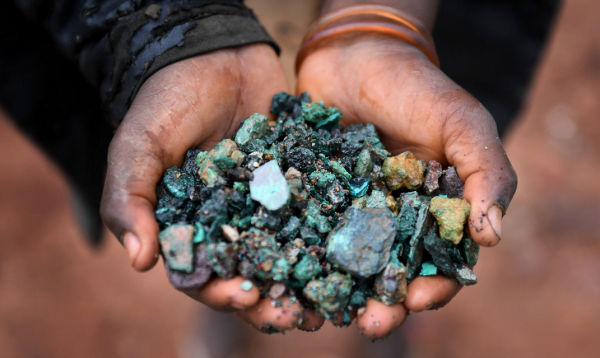Market analyst Roskill forecasts that cobalt’s all-in sustaining cost of production will fall by around 2% y-o-y in 2021, from $23,085/t to $22,600t.
In a recent report, Roskill explains that, as a result of this prediction, it estimates that over 98% of cobalt production capacity will be cash positive on an AISC basis, based on cobalt price circa $39,700/t.
THE DEZIWA OPERATION IN THE DRC IS EXPECTED TO REDUCE THE INDUSTRY’S OVERALL SUSTAINING COSTS
“The DRC accounts for over 70% of mined cobalt supply and any movements in cost structures there, will have a significant impact on overall cobalt cost trends,” the document reads. “Since 2018, miners have renegotiated their intermediate transportation costs from the country to South Africa. The reduction in transportation costs has resulted in falling realization (transportation) costs, which will carry through into 2021.”
Roskill points out that, after heavy investments over the past few years, major operations in the DRC have experienced a decline in sustaining capital.
As an example, it presents the case of the Deziwa operation, a joint venture between state-owned Gécamines and China Nonferrous Metal Mining Company that is targeting production of 80,000 tonnes of copper and 8,000 tonnes of cobalt per annum. The project came online in 2020 with low sustaining costs on a unit cobalt basis, and now it is expected to also reduce the industry’s overall sustaining costs.
Similarly, Roskill’s experts believe that improved operational efficiencies at significant producers such as Katanga Mining’s Kamoto mine and China Molybdenum’s Tenke Fungurume operation in Congo, and Sherritt International and General Nickel Company’s Moa mine in Cuba will lower mining costs.
Despite this positive outlook, the analyst does predict higher plant costs – which would increase processing costs – at specific operations such as Tenke Funkurume, Vale’s Voisey’s Bay mine in Canada and Goro mine in New Caledonia.
“Increases will be due to a variety of mine specific reasons,” the report states.
Mining.com
.png)




